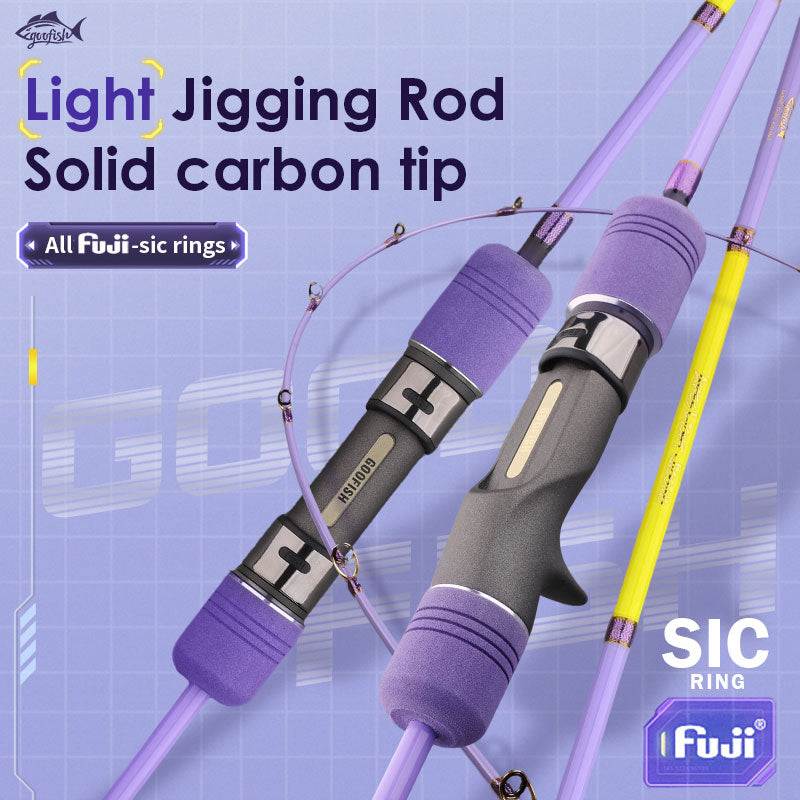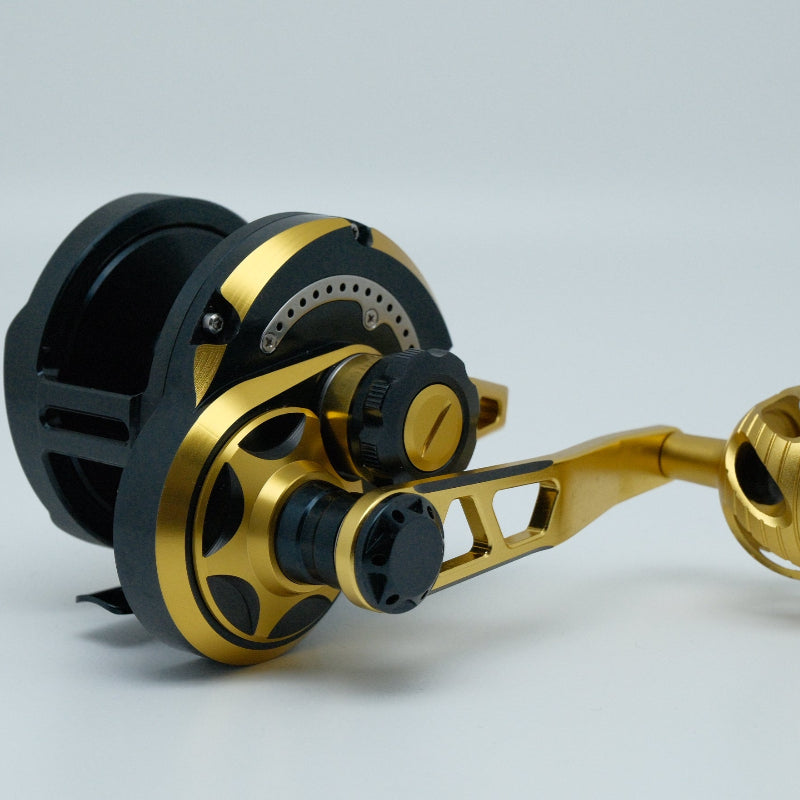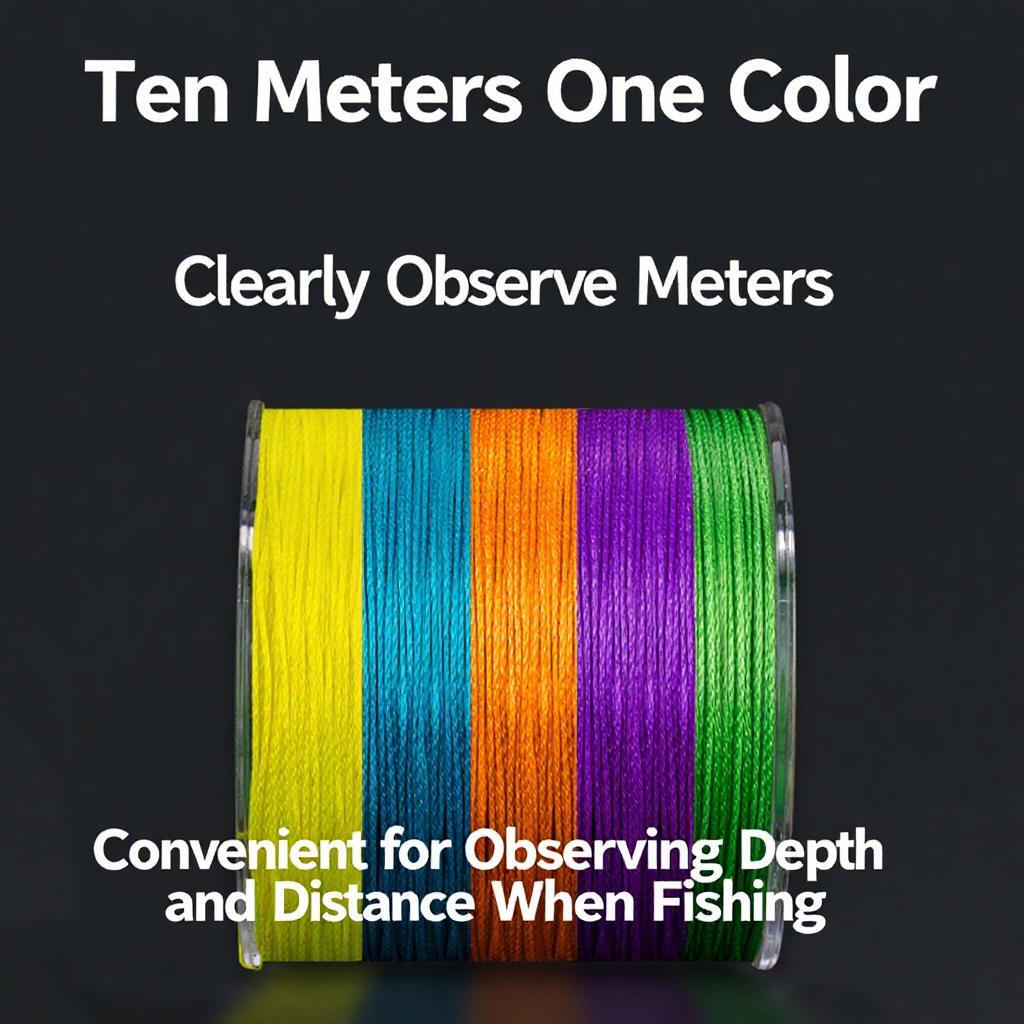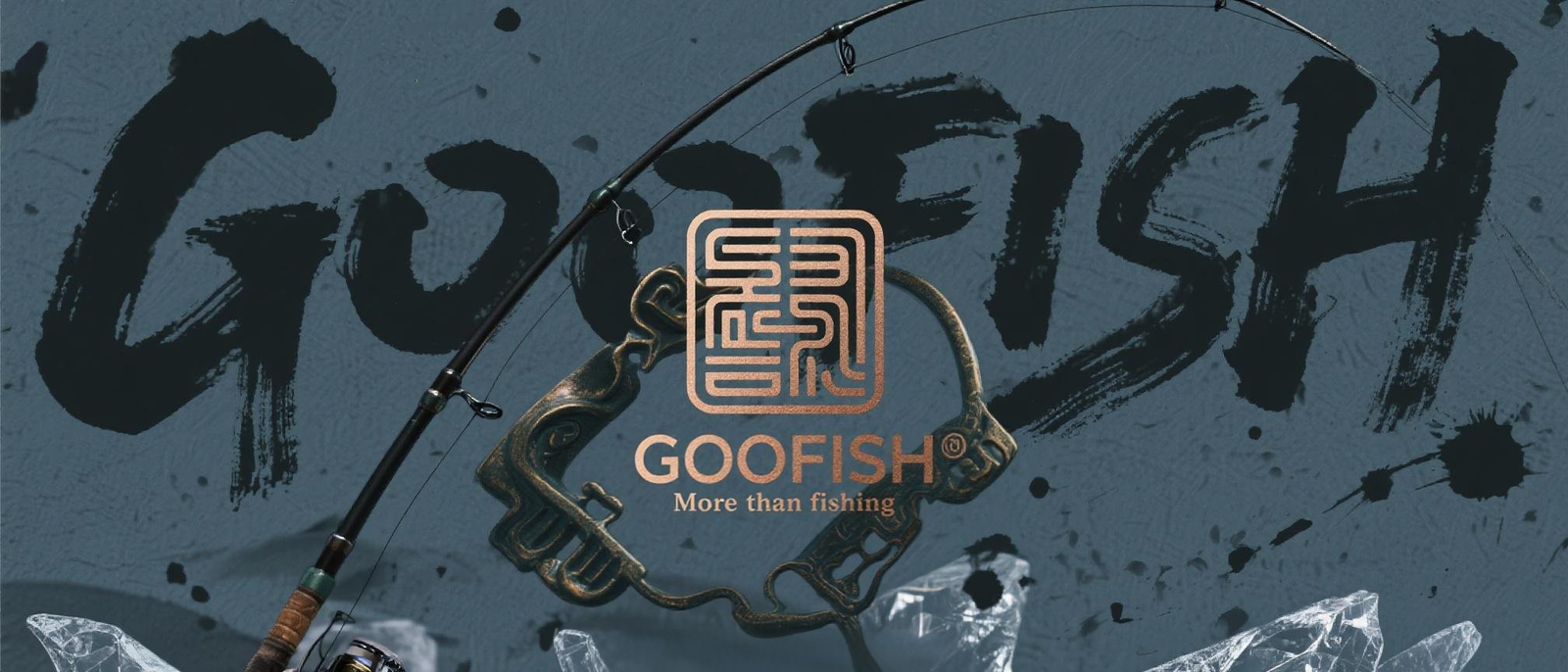Thoreau’s Unwritten Fishing Philosophies: 10 Mindsets of Anglers Beyond Walden Pond
Discover the Deeper Lessons of Fishing Through Henry David Thoreau’s Quiet Wisdom
When we think of Henry David Thoreau, images of Walden Pond, simple living, and philosophical musings often come to mind. Yet, beyond his iconic writings on nature and self-reliance lies a trove of unwritten fishing philosophies—insights into how the quiet act of angling can teach us profound lessons about life, patience, and connection. For Thoreau, fishing was never just a pastime; it was a mirror reflecting our relationship with the world and ourselves. In this blog, we’ll dive into 10 mindsets every angler (and seeker of purpose) can carry from Thoreau’s hidden wisdom, framed by the tools and moments that define the craft: fishing rods, fishing poles, and the simple joy of “fish and rod” in nature’s embrace.
1. The Rod as a Bridge, Not a Weapon: Embracing Humility in Pursuit
Thoreau saw the fishing rod not as a tool for conquest, but as a bridge between humanity and the wild. Like his famous cabin at Walden, the rod represents simplicity and intention—built to partner with nature, not dominate it. For anglers, this mindset means approaching each cast with reverence, recognizing that the fish and the water hold their own wisdom. A fishing pole in hand is a reminder: we are guests in the ecosystem, not rulers.
2. Waiting as a Practice: The Art of Stillness in a Rushed World
Fishing demands patience—a virtue Thoreau embraced wholeheartedly. The hours spent waiting for a bite mirror the quiet reflection he championed. In an era of instant gratification, the fishing rod teaches us that growth often happens in stillness. As Thoreau wrote, “I went to the woods because I wished to live deliberately.” For anglers, deliberate waiting isn’t boredom; it’s a chance to observe, listen, and connect with the rhythm of life.
3. The Simplest Tools Often Yield the Deepest Rewards
Thoreau lived by the principle of sufficiency: using only what is needed to thrive. A fishing stick or a humble fishing pole (not flashy gear) speaks to this mindset. He’d argue that true fulfillment comes not from material excess, but from mastering the basics. Your gear doesn’t define your journey—your intention does.
4. Fish as Teachers, Not Trophies: Valuing the Lesson Over the Catch
For Thoreau, the act of fishing was less about “catching” and more about engaging with life itself. A fish swimming free is a reminder of nature’s beauty; a fish on the line is a fleeting interaction. This mindset encourages anglers to appreciate the process—watching a fish dart through the water, learning its patterns, and honoring its place in the ecosystem. The true “catch” is the connection formed, not the prize on the hook.
5. The Water as a Mirror: Reflecting on Life’s Flow
Sitting by the water with a fishing rod in hand, it’s hard not to see parallels between the river’s current and life’s journey. Thoreau viewed water as a teacher of adaptability—just as a fish navigates rapids, so too must we bend with life’s ebbs and flows. Fishing teaches resilience: when the fish aren’t biting, adjust your approach; when the wind picks up, steady your stance.
6. Solitude and Community: The Dual Faces of Fishing
Fishing can be a solitary act (like Thoreau’s quiet days at Walden) or a shared experience. A fishing pole in hand might symbolize alone time for introspection, but it can also bring people together—sharing stories by the fire, teaching a child to cast, or celebrating a day’s “catch” with friends. Thoreau understood that both solitude and connection enrich the soul; the rod is merely the tool that brings them to life.
7. Letting Go: The Freedom of Release
Not every fish needs to be kept. Thoreau advocated for mindful consumption—one that respects nature’s balance. Releasing a fish back into the water isn’t a failure; it’s an act of gratitude. This mindset extends beyond fishing: it’s about valuing experiences over ownership, and recognizing that sometimes the greatest joy comes from letting go.
8. The Quiet Confidence of Self-Reliance
Thoreau’s Walden experiment was rooted in self-reliance—one that fishing amplifies. A fishing rod requires skill, patience, and the courage to try (and fail) alone. Anglers learn to trust their instincts, fix their gear, and adapt to changing conditions. This self-reliance isn’t arrogance; it’s quiet confidence in one’s ability to navigate the world, just as Thoreau did in the wilderness.
9. Nature as Home: Reclaiming Our Connection to the Wild
In an age of screens and concrete, fishing reconnects us to the earth. The feel of a fishing pole in hand, the smell of water and earth, the sound of lapping waves—all ground us in the present. Thoreau reminded us, “In wildness is the preservation of the world.” For anglers, this means seeing nature not as a destination, but as home—a place where we belong, just as much as the fish we pursue.
10. The Journey, Not the Destination: Finding Purpose in the Process
Finally, Thoreau’s fishing philosophy centers on presence. A day of fishing isn’t measured by the number of fish caught, but by the moments lived: the sun rising over the water, the first tug on the line, the silence broken only by lapping waves. A fishing rod is a tool for living—for finding joy in the journey, not just the “catch.” As Thoreau wrote, “I know of no pursuit so suited to the mind and body as fishing.”
Conclusion: Casting a Wider Net of Wisdom
Thoreau’s unwritten fishing philosophies remind us that angling is far more than a hobby—it’s a gateway to living more intentionally. Whether you wield a fishing rod, a fishing pole, or simply enjoy the view, the lessons of patience, connection, and reverence for nature are timeless. So next time you cast your line, remember: you’re not just fishing for fish—you’re fishing for a deeper understanding of yourself and the world around you.
Ready to Dive Deeper? Share your own fishing philosophy in the comments below, or explore how Thoreau’s principles can transform your approach to life (and angling!). 🌿🎣











Leave a comment